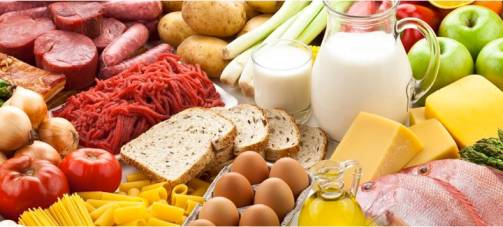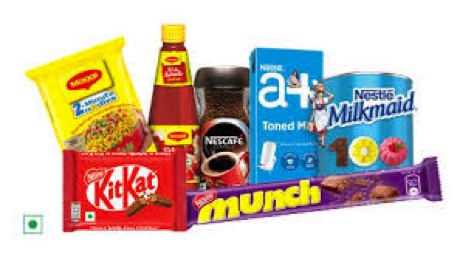While food inflation fell to 4.19% in December, the lowest since January 2022, thanks to a sharp fall in prices of vegetables, edible oils, meat products and pulses, the prices of several commodities such as spices, cereals and dairy products continued to be at elevated levels amid supply contraints.
While stating that sharp corrections in vegetable prices eased up food inflation, Crisil said prices of most other food groups rose year-on-year. Cereals, which contributed majorly to inflation zooming past 7% for most of the first half of this fiscal, saw prices going up by 13.8% in December.
It is not a broad based decline in food inflation, the fall is due to the most volatile part of the basket, that is vegetables,” DK Joshi, chief economist, Crisil told FE. Joshi said there remains stickiness in other components such as cereals where the wheat crop got hit last year while rice production is likely to decline this year. Wheat and rice inflation was at 22.2% and 10.49% respectively in December 2022 on year.
As per agriculture ministry, wheat output in the 2021-22 crop year (July-June) declined by around 3% on year to 106.8 million tonne (MT) because of heat waves during the flowering stage of the crop in March last year. India’s rice production in the current kharif season for the 2022-23 crop year (July-June) is expected to decline by around 6% to 104.99 MT against 111.76 MT in 2021-22.
In May 2022, India banned wheat exports for ensuring domestic supplies while in September 2022, the government also banned broken rice exports as well and put additional export duties of 20% on the certain varieties of non-basmati rice exports.
Spices inflation was 20.35% in December 2022 as prices of jeera (cumin seeds), dhania , turmeric and black pepper rose by 25.25%, 22.53%, 7.7% and 10.18% respectively on year.

Nomura said in a report that while the fall in vegetable prices in December 2022 is in line with seasonal trends, “the size of the contraction is surprising in view of the variations observed in daily market prices.”
Also read: Retail inflation eases to 12-month low of 5.72% in December
“Early data for January suggest that vegetable prices have continued to fall in line with seasonal trends (our tracker for tomato, onion and potato prices is down -7.1% m-o-m from -10.5% in December), which is likely to continue having an outsized effect on headline inflation,” it said. Nomura‘s price trackers for pulses, vegetable oils and sugar also show a further contraction in January; cereal prices are moderating, while momentum remains strong for eggs and milk prices.
Milk and egg inflation in December was at 8.23% and 6.91% respectively.
On rise in milk price this year, Meenesh C Shah, chairman, National Dairy Development Board had said that, in the last one year fodder and feed costs have increased by 25% and there was ‘some drop in milk production in few pockets because of the spread of lumpy skin disease (LSD) amongst livestock population’. Mother Dairy, a fully owned subsidiary of NDDB, a major milk supplier in NCR-Delhi region, had announced the fifth round of increase in milk prices this year.
HSBC said in January, vegetable prices continue to ease, particularly that of tomato and potato. “Strong sowing bodes well for wheat production, and if all goes well, food inflation could fall further in the coming months,” it stated.
According to agriculture ministry data on Friday, wheat sowing this season has been reported at record 33.71 million hectare.



























